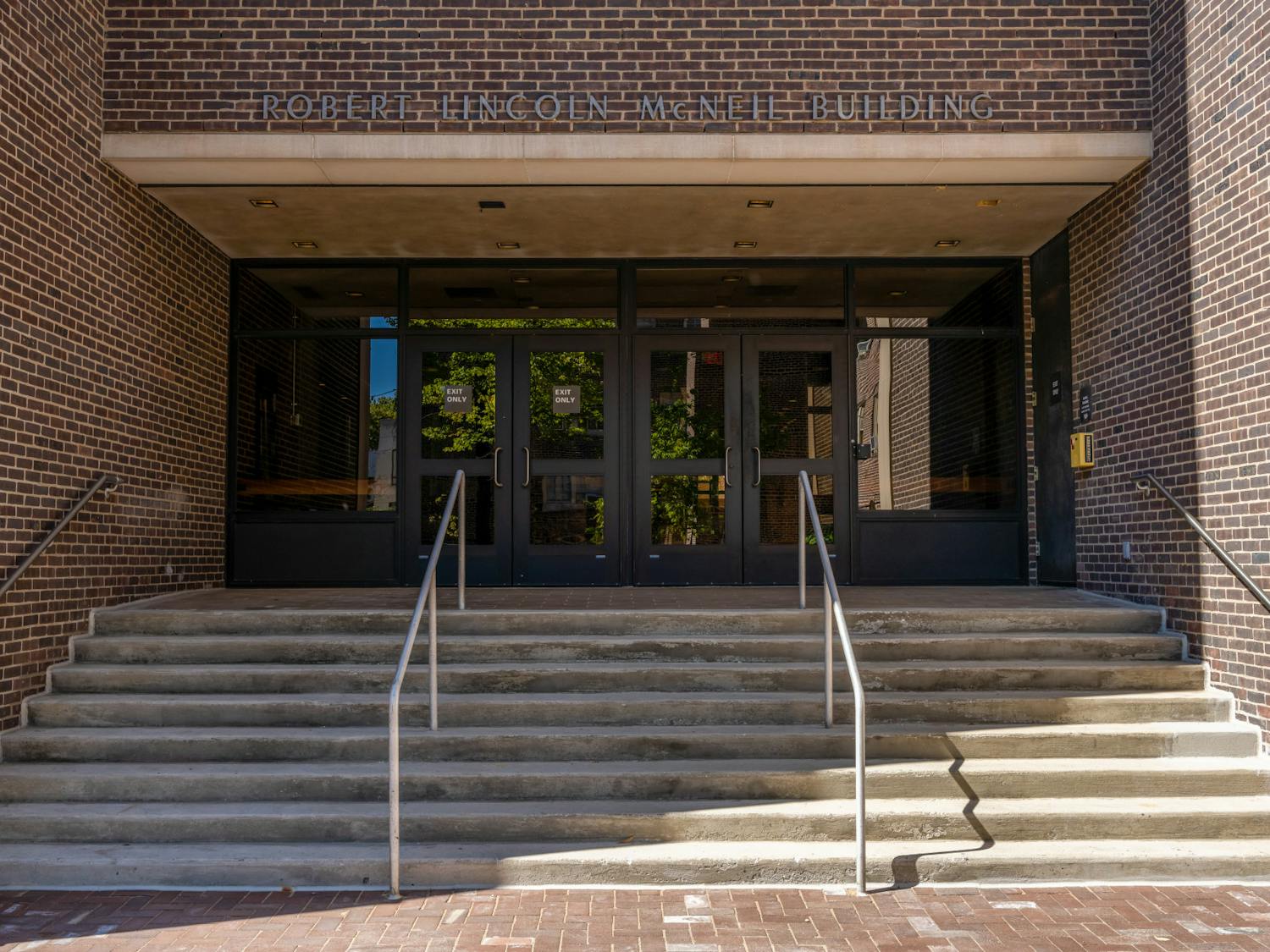Duke University will pay $112.5 million to settle allegations that researchers fabricated data to receive national grants, the New York Times reported.
The payment will settle a lawsuit which claims that Duke faked research from 2006 to 2013 to receive additional funding from the National Institutes of Health and the Environmental Protection Agency. Filed in 2015 by former Duke lab analyst Joseph Thomas, the lawsuit claims that Erin Potts-Kant, a former research technician in Duke Health's Pulmonary, Allergy and Critical Care department, falsified data from research on mice's lungs in 60 federal grant applications. This led her to gain approximately $200 million in funding from the government.
Potts-Kant was fired from Duke in 2013 for embezzling university funds. At that time, she pled guilty to two counts of forgery and paid restitution. Potts-Kants’ supervisors, former medicine professor William Foster and former pulmonary division chief Monica Kraft, were also accused in the suit of ignoring warnings of misconduct.
In an email to the Duke community, Duke president and former Penn provost Vincent E. Price wrote that the $112.5 million will reimburse the government for the fraudulent grants. He also highlighted steps Duke has taken to increase research integrity, such as keeping all research data records and creating an office for scientific integrity.
“This case demonstrates the devastating impact of research fraud and reinforces the need for all of us to have a focused commitment on promoting research integrity and accountability," Price wrote in the statement.
Penn is not immune to research fraud. In 2015, former Penn Medicine researcher Steven W. Johnson was found guilty of using funds from Penn Med’s ovarian cancer research project to support his own for-profit business. The research was federally funded by the United States Department of Defense, which granted over $655,000 to Johnson’s research between June 2007 and December 2009. Johnson served one year in prison and was ordered to pay Penn $69,000 in restitution.
Editor’s Note: Martin J. Weinstein wrote a letter to the editor in response to this article, on behalf of his client, Dr. Monica Kraft.








